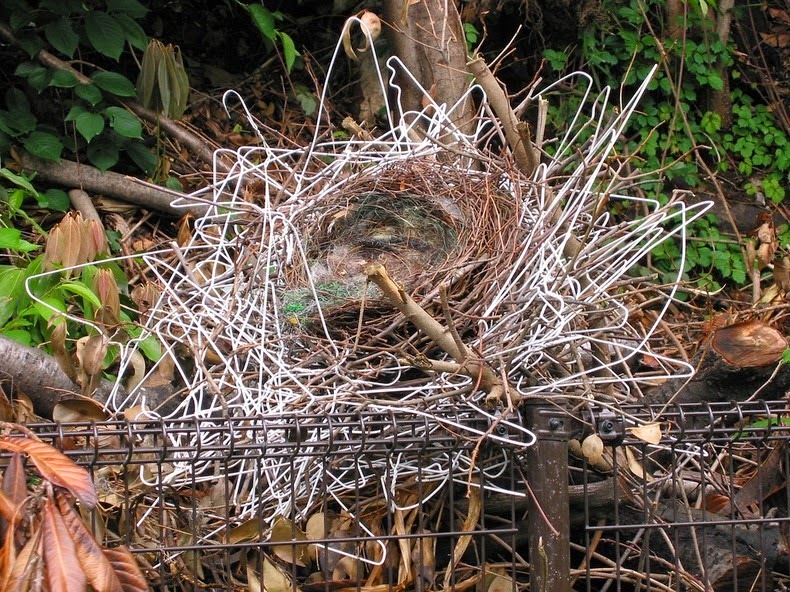Archeology of Abstraction (Reconstructing Futures I) Instructor: Davor Löffler Module: 1 of 2 Date & Time: May 20, 27; June 3, 10 Saturdays, 2:00pm - 4:30pm EST

Module I: Archeology of Abstraction
DESCRIPTION: This seminar is based on the materials from the upcoming publication, “Generative Realities: On the Temporality and Metaphysics of Technological Civilization”
Starting around 1880, with the fusion of industry, capital and science, the sphere of human domestication expanded into the realm of sub-mechanical, sub-corpuscular, sub-organic, sub-conscious, and sub-phenomenal processes. The interface to this realm of generative processes was “information”. Cast into cybernetics, it first allowed for the rendering of all kinds of dynamic relations as accessible units, while later in the form of algorithmization, it proliferated an entirely new continuum of objects, agencies and ontologies. Today, these developments are eroding modernity’s phenomena at all of its fronts – social, economical, political, scientific, industrial, cognitive, metaphysical, temporal, anthropological – thus heralding the beginning of a new civilizational stage, a fundamental shift in human-world-relations. But where does it lead? To answer this question this seminar will travel back in time to where it all began. Based upon the recently developed cognitive-archaeological “Tübingen Model of the Expansion of Cultural Capacities” we will examine stages in early cultural and cognitive evolution (3Ma – 25Ka) for developmental patterns and principles that might help us to understand the current transformation of the human structures by locating it within the progression of civilizational expansions. This formalization of the outside of cultural and social evolution will enable us to extrapolate forms of mind, society, temporality and metaphysics that we can expect to emerge both during and after our existence.
Readings
5/20/2017
Session 1: The Search for the Second Sun
Meillassoux, Quentin: After Finitude. An Essay on the Necessity on Contingency. London/New York: Continuum 2008
___pp. 5-7, 9-18, 27
Luhmann, Niklas: Introduction to Systems Theory. Cambridge/Malden,MA: Polity Press 2013 ___pp. 63-71
Mühlmann, Heiner: Nature of Cultures. A Blueprint for a Theory of Cultural Genetics. Wien/New York: Springer 1996
___pp. 2-12
Ogburn, William F./Thomas, Dorothy: Are Inventions Inevitable? In: Political Science Quarterly, 1922, Vol. 37, No. 1, 1922, 83-98
___pp. 83-98 (especially the list of 148 multiple discoveries pp. 93-98)
Simonton, Dean Keith: Multiple Discovery and Invention: Zeitgeist, Genius, or Chance? In: Journal of Personality and Social Psychology, 1979, Vol. 37, No. 9, 1603-1616
___pp. 1603-1605
Tennie, Claudio/Call, Josep/Tomasello, Michael: Ratcheting up the Ratchet: On the Evolution of Cumulative Culture. In: Philosophical Transactions of the Royal Society B, Vol. 364, 2009, 2405- 2415
___pp. 2405, 2407-2409, 2411-2412
5/27/2017
Session 2: Operational Chains, Depths of Time and the Evolution of the Mind: The Tübingen Model of the Expansion of Cultural Capacities
Guest: PD Dr. Miriam Noël Haidle, Research Center “Role of Culture in Early Expansions of Humans”, Institute of Prehistory, Early History and Medieval Archaeology, Tübingen/Germany
Haidle, Miriam N./Bolus, Michael/Collard, Mark/Conard, Nicholas J./Garofoli, Duilio/Lombard, Marlize/Nowell, April/Tennie, Claudio/Whiten, Andrew: The Nature of Culture: An Eight-Grade Model for the Evolution and Expansion of Cultural Capacities in Hominins and other Animals. In: Journal of Anthropological Sciences, Vol. 93, 2015, 43-70
Haidle, Miriam N.: How to think tools? A Comparison of Cognitive Aspects in Tool Behavior of Animals and during Human Evolution. In: Cognitive perspectives in tool behavior, Vol.1, 2012 http://tobias-lib.uni-tuebingen.de/frontdoor.php?source_opus=6014
___pp. 196-198 (only cognigrams of animal tool use)
Lombard, Marlize/Haidle, Miriam N.: Thinking a Bow-and-arrow Set: Cognitive Implications of Middle Stone Age Bow and Stone-tipped Arrow Technology. In: Cambridge Archaeological Journal, Vol. 22, No. 2, 2012, 237–264
___pp. 244-258 (only cognigrams and tables of bow-and-arrow-assembly)
6/3/2017
Session 3: Formalizing Technogenesis / Noogenesis
Suddendorf, Thomas: The Gap. The Science of What Separates Us from other Animals. New York: Basic Books 2013
___pp. 91-111, 216 (Chap. “Time Travelers”)
Leroi-Gourhan, André: Gesture and Speech. Cambridge,MA/London: MIT Press 1993 ___pp. 237-255 (Chap. “Gesture and Program”)
6/10/2017
Session 4: Probing the Threshold to Civilization: Coupled Minds, Excentric Insulations, Aesthetical Membranes
Tomasello, Michael: A Natural History of Human Thinking. Cambridge,MA/London: Harvard University Press 2014
___pp. 120-123, 133-141 (table on p. 140)
Mühlmann, Heiner: Nature of Cultures. A Blueprint for a Theory of Cultural Genetics. Wien/New York: Springer 1996
___pp. 11-24, 29-40
Sloterdijk, Peter: Foams. Spheres Volume III: Plural Spherology. Cambridge,MA/London: MIT Press 2016
___pp. 362-500 (Chap. “Anthropogenic Islands”)
___For a summary of this chapter see: Rouanet Freitag, Bárbara: The Trilogy Spheres of Peter Sloterdijk. In: IOP Journal, Vol. 21, 2011, pp. 73-84, pp. 79-83)
Donald, Merlin: The Exographic Revolution: Neuropsychological Sequelae. In: Malafouris, Lambros/Renfrew, Colin (Ed.): The Cognitive Life of Things. Recasting the Boundaries of the Mind. Cambridge/Oxford: Oxbow Books 2010, 71-79
You cannot enroll in this Seminar because it has already been completed. To become a Monthly Memebr of The New Centre and watch the related videos, click here to go to PayPal and subscribe:
To see The New Centre Refund Policy CLICK HERE.
To see The New Centre Refund Policy CLICK HERE.